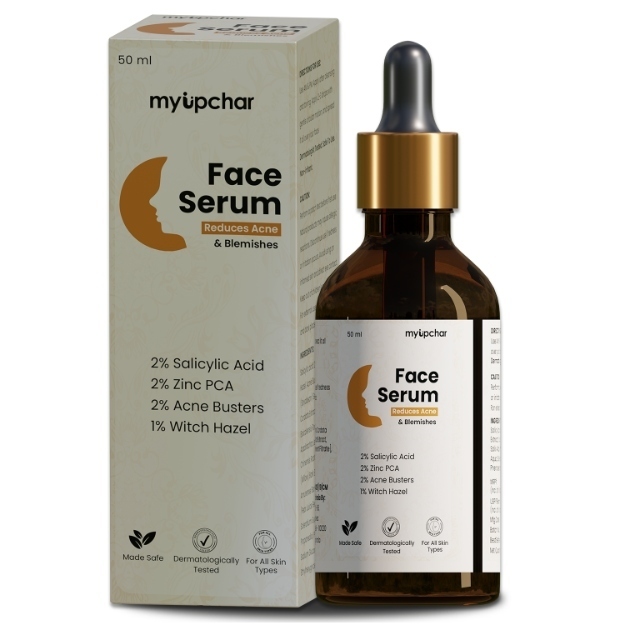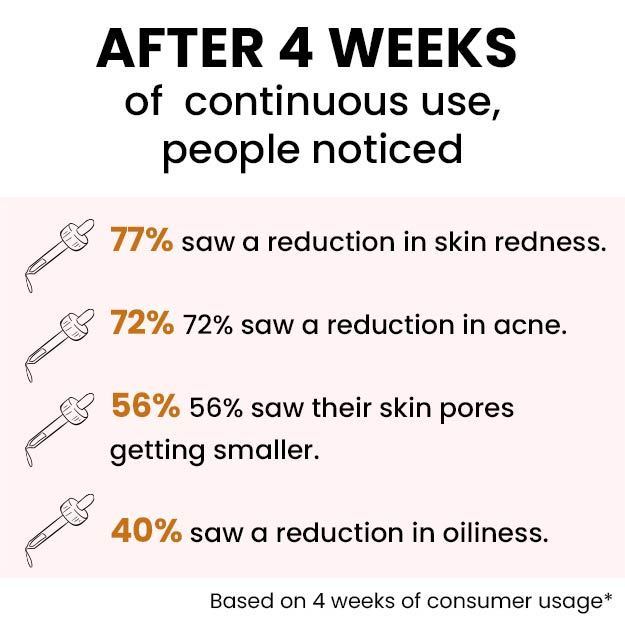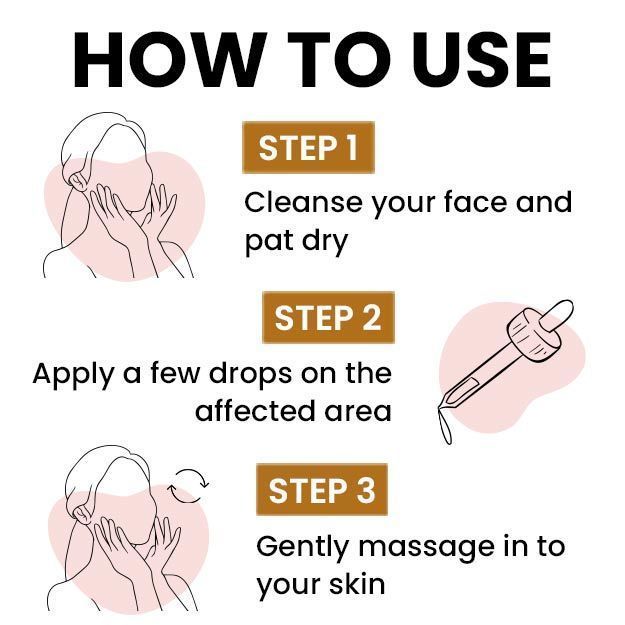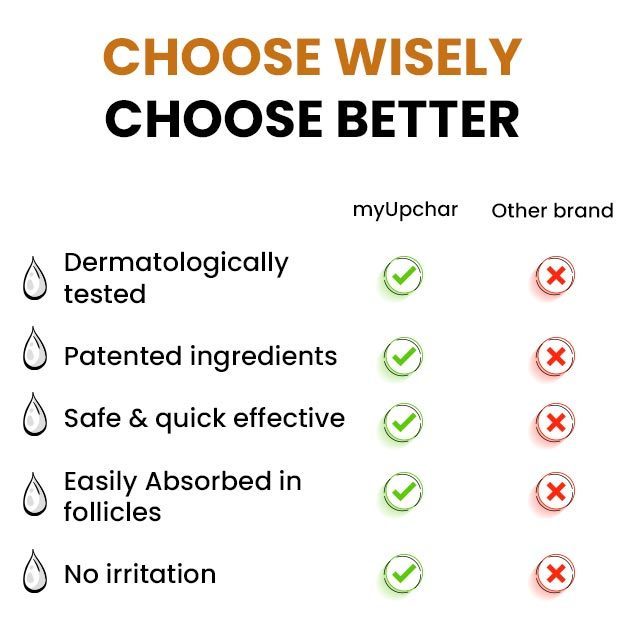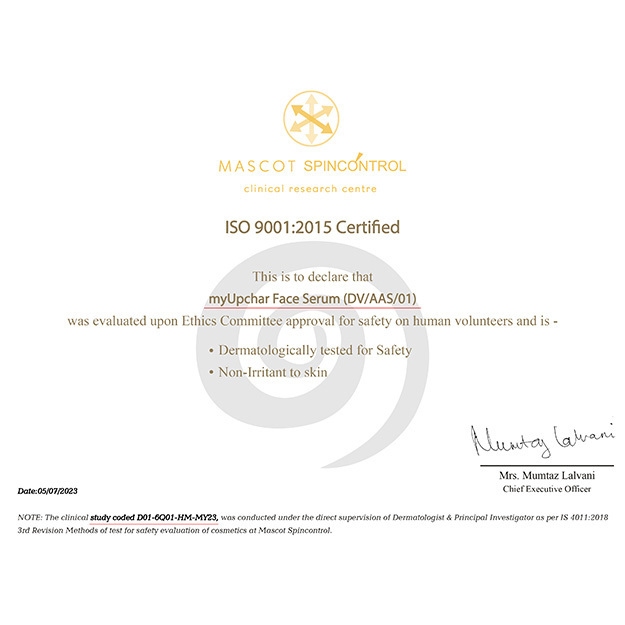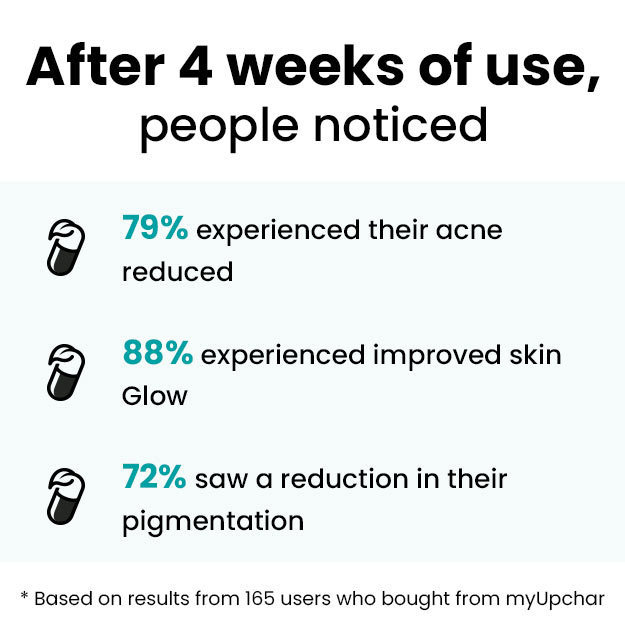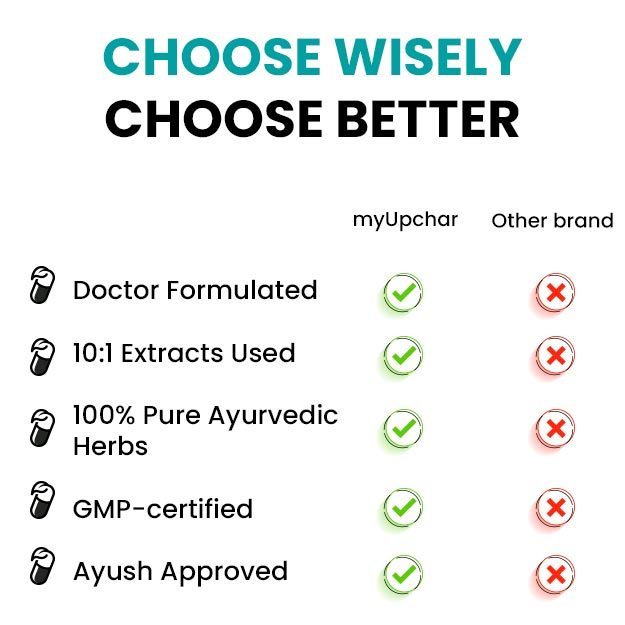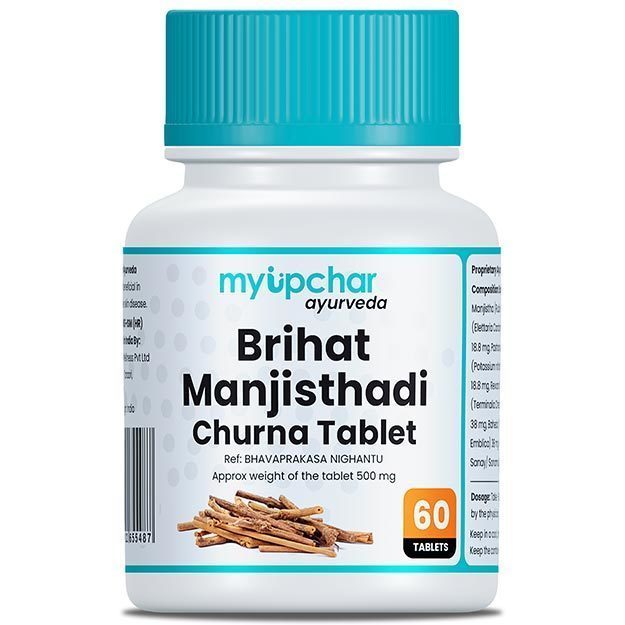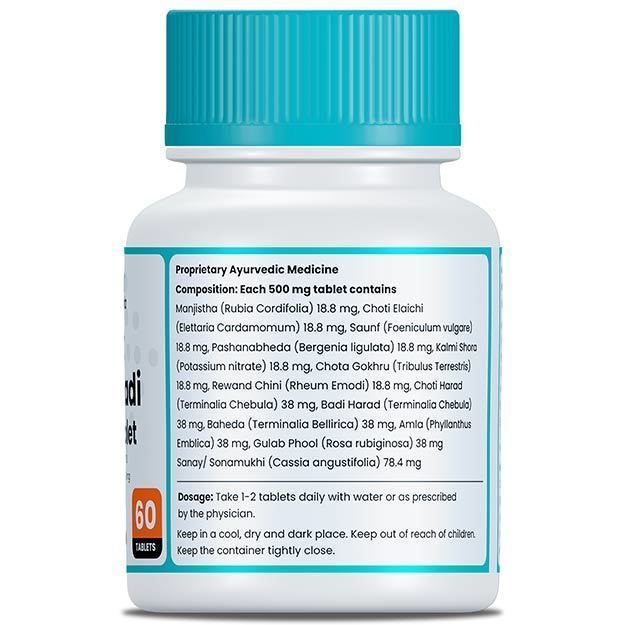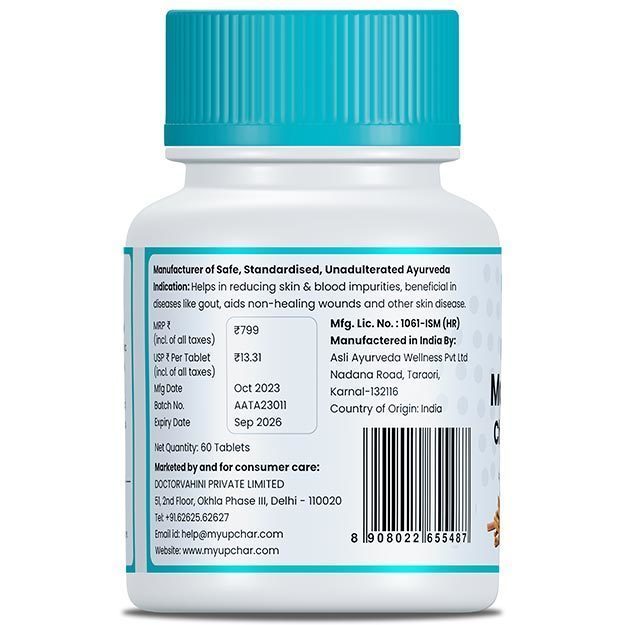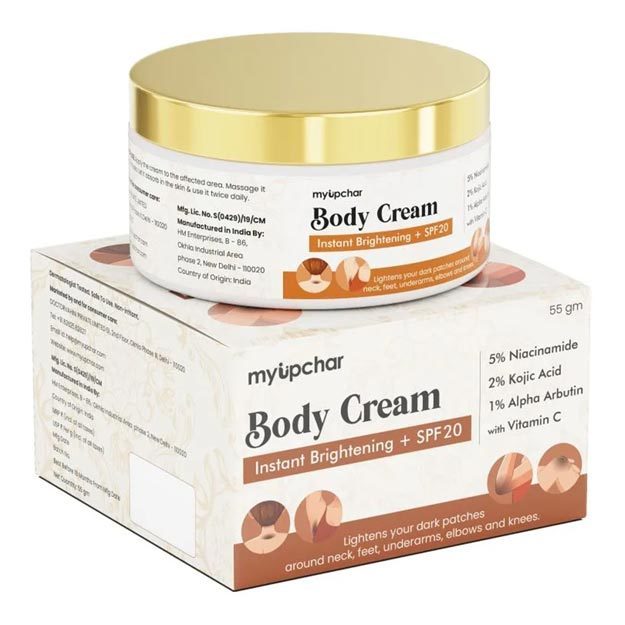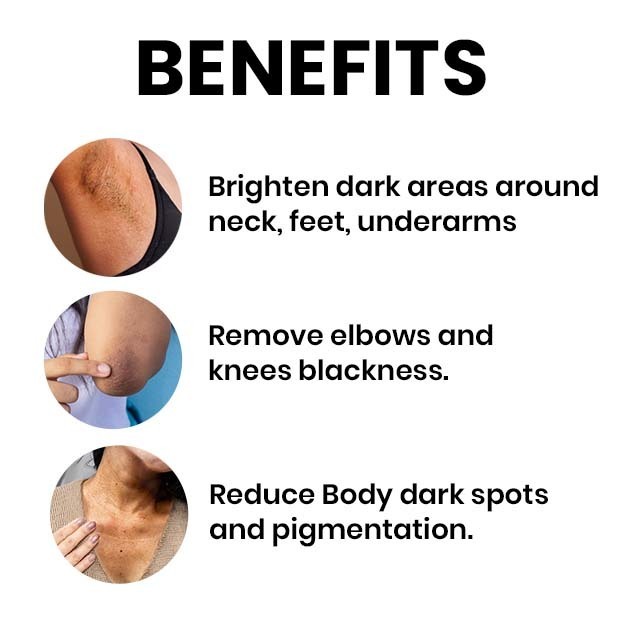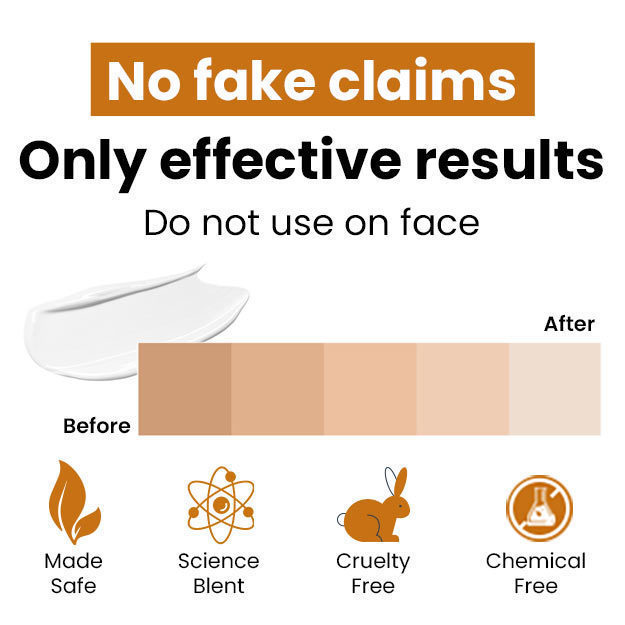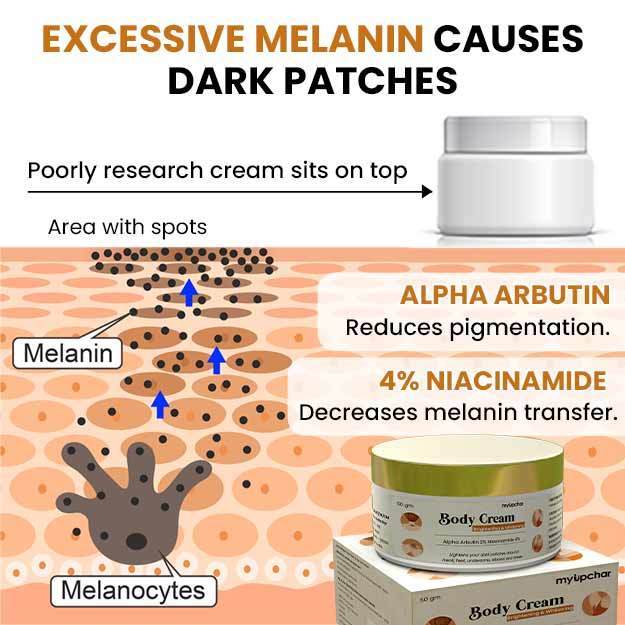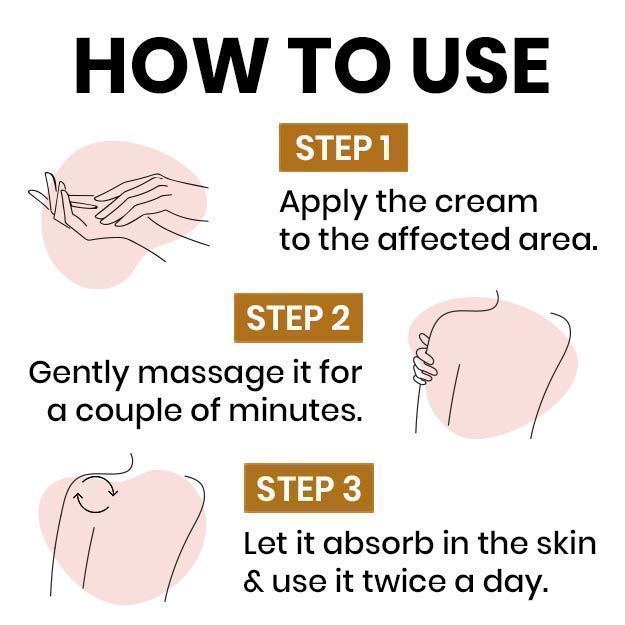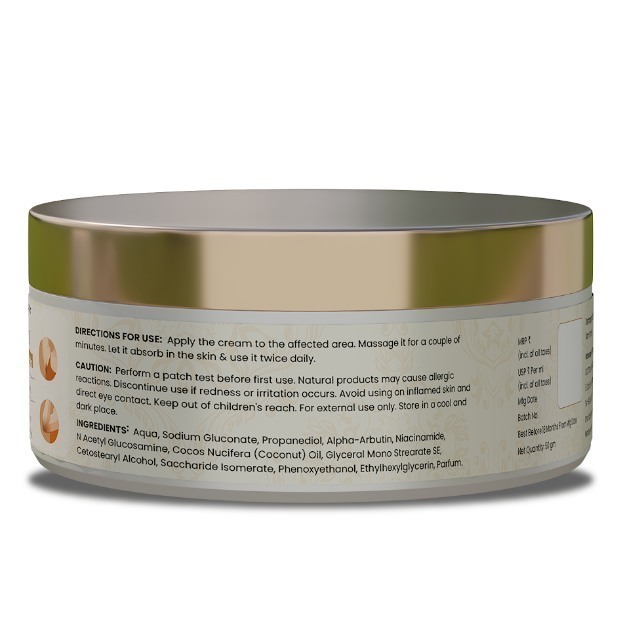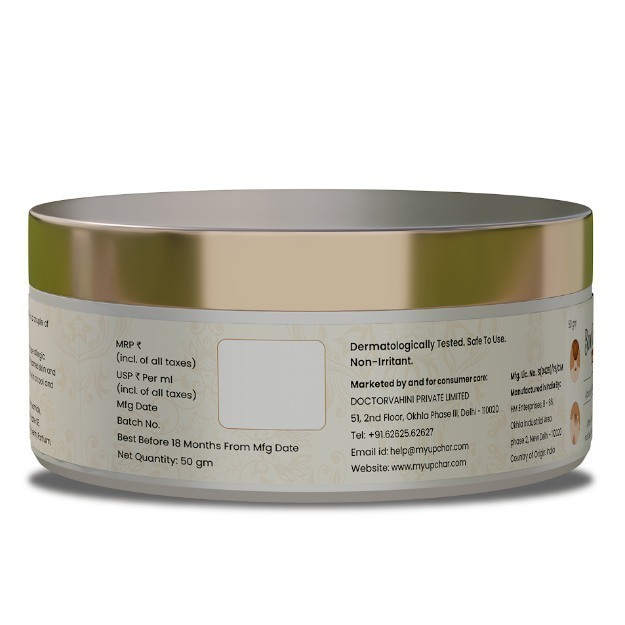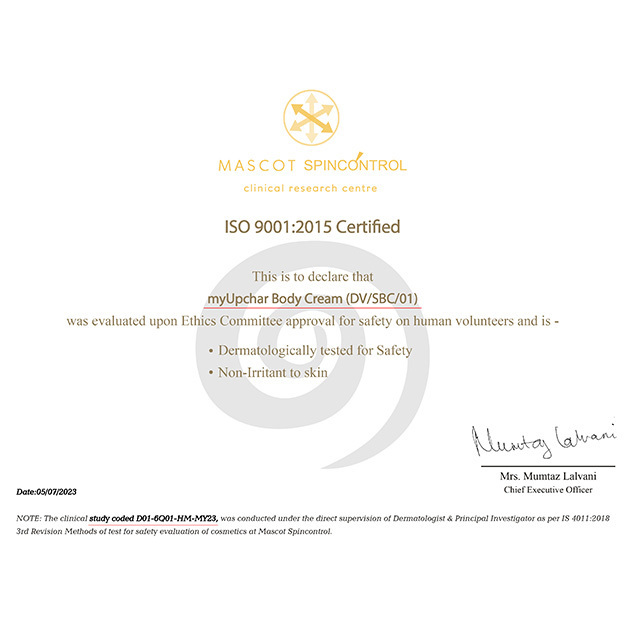Baking soda, or sodium bicarbonate, is ubiquitous in households thanks to its versatility. It is a white, powdered, non-flammable and non-odorous substance. It is used as a multipurpose cleaner, deodorizer, air freshener and weed killer and also used for many health purposes. Most commonly, it used to ease indigestion, acid reflux and eliminate body odour.
Read more: Home remedies for sweating and body odour
Baking soda is made of sodium bicarbonate which is activated on contact with water. The compound is broken down into its constituents sodium and bicarbonate, increasing the pH of the solution and making it more alkaline. This is the basis of its use as an antacid - it is able to neutralize gastric juices to soothe painful acid reflux and to neutralize acid that leads to indigestion.
Read more: Acidity
There has been some research suggesting that self-treating with baking soda can have harmful side effects. Over-the-counter antacids are generally safe and will not cause adverse side effects but taking baking soda in large amounts without medical consultation can lead to dangerous changes in electrolyte levels and can cause the stomach to rupture. Further, it is not recommended for those with hypertension, those with high sodium levels and those with iron deficiency (anemia).
(What should you eat or not eat if you have anemia?)
Baking soda may interact with some drugs as well and alter their therapeutic effects. You should consult your doctor about using baking soda if you are on other medications.
Overall, however, baking soda is unlikely to be unsafe when taken in recommended amounts. Here is a list of health benefits and side effects





